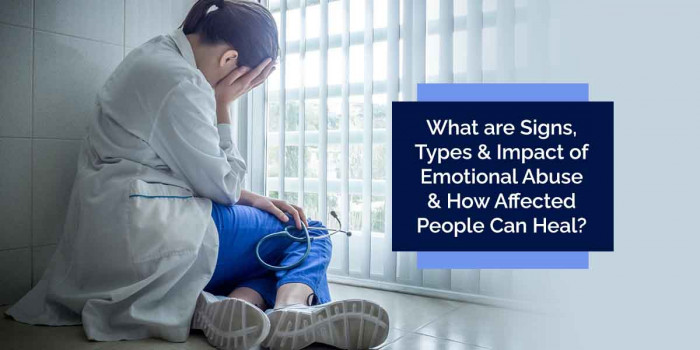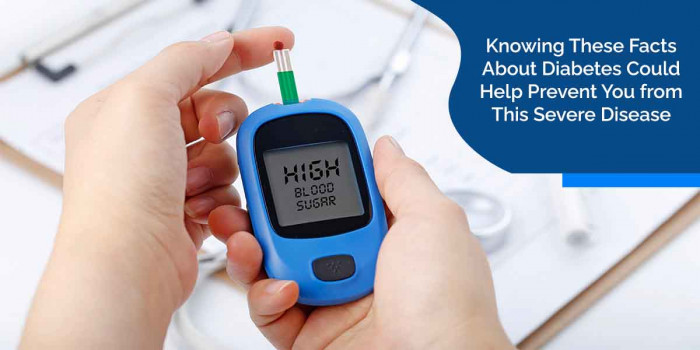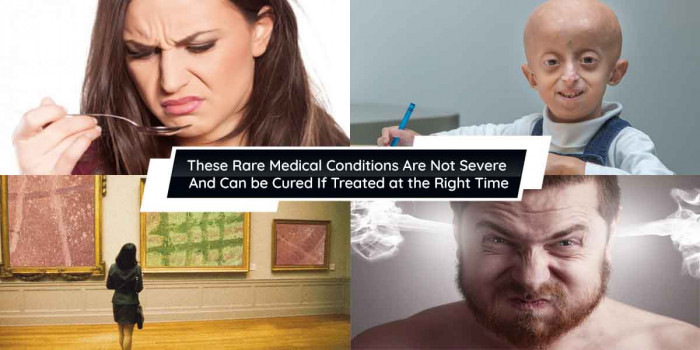Symptoms, Causes, Diagnosis & Treatment of the Infectious Disease “Hepatitis B” Virus
A type of viral hepatitis, Hepatitis B, is a serious infection affecting the liver. It can be both acute and chronic. Check out the symptoms, causes, diagnosis & treatment of HBV here.

Hepatitis B is the most probable life-threatening liver infection that is caused by the hepatitis B virus. This is a major health problem prevalent across the world. This can cause chronic infection and put people at high risk of death from liver cancer and cirrhosis.
Hepatitis B is a virus that affects the liver. In the case of acute hepatitis B, most people have it for a short time and then get better. Sometimes this virus causes a long-term infection and is called chronic hepatitis B. Over a period, this could damage your liver. Infants and young kids infected with the virus are more prone to get chronic hepatitis B.
Know about the signs and symptoms, complications, causes, risk factors, diagnosis, prevention, and treatment of Hepatitis B Virus (HBV).
Signs and Symptoms
Most people with hepatitis B do not know that they have it because they do not have any indications. So it has no particular indication or symptoms. In people above the age of 60, the symptoms of acute hepatitis B are worse.
If you do have symptoms, you may only experience it like you have the flu. Some common symptoms consist of:
- Headache
- Mild fever
- Not wanting to eat
- Stomach pain
- Feeling very tired
- Dark urine
- Nausea
- Body aches
- Vomiting
- Tan-colored bowel movements (stools)
- Yellowish skin (jaundice) and whites of eyes (sclera): Jaundice generally appears after other symptoms begin to go away.
These symptoms require urgent evaluation. Let your doctor know if you’ve been exposed to the virus to prevent infection.
Complications
In most affected people, the illness lasts for a few weeks and improves gradually. Fulminant hepatic failure is a more severe form of liver illness, which may even result in death. The other possible complications are liver scarring (cirrhosis), kidney disease, blood vessel issues, liver failure, and liver cancer.
Causes & Risk Factors
As hepatitis B is a contagious disease, the causes are spread through contact with infected blood and other bodily fluids. It could also be transmitted through intimate contact with an infected person, using a razor or some other personal item with traces of infected fluid, or being pricked with an infected needle. Though it can be in saliva, it does not spread through utensils, sneezing, coughing, or kissing. It also does not spread through breastfeeding, and chances through blood transfusion could be too low.
The high-risk groups include healthcare workers, pregnant women, those having HIV, chronic liver, or kidney disease, using intravenous drugs, people traveling to nations with a high HBV occurrence, and diabetic people over 60.
Diagnosis
Sometimes, the infection may be entirely asymptomatic and go undiagnosed. A series of blood tests can show your doctor if you have hepatitis B virus now or had it in the past. Your doctor will also advise you to have the vaccine to avoid the virus. The tests include Hepatitis B surface and core antigen test and surface antibody test.
If your doctor feels you may have liver damage from hepatitis B, he or she may apply a needle to get a small sample of your liver for testing. It’s called a liver biopsy. Liver function tests are done to check the blood for the number of enzymes the liver makes. Its high levels suggest an inflamed or damaged liver and also which liver part could have an abnormal function. Ultrasound or imaging tests may also be required.
Prevention & Treatment
Consult a doctor immediately if you’ve been exposed to HBV within the last 24 hours. If you have never been vaccinated, you could prevent infection by getting vaccinated for HBV and also an injection of immune globulin (highly recommended). Avoid alcohol, drug usage (like acetaminophen), and traveling to HBV-affected country. Consume a healthy diet regularly.
Acute HBV does not require any treatment and would resolve itself in time with proper rest and hydration. Chronic HBV can be treated with antiviral medications, and they can also decrease the risk of future liver complications. In the case of severe liver damage, the liver might need to be transplanted in which a surgeon replaces the damaged liver with a donor’s liver.
Some of the commonly prescribed medications for HBV are Entecavir (Baraclude), Tenofovir (Viread), Lamivudine (3tc, Epivir A/F, Epivir HBV, Heptovir), Adefovir dipivoxil (Hepsera), Telbivudine (Tyzeka), and Interferon alfa (Intron A, Roferon A, Sylatron).
Conclusion
Besides hepatitis B, the other types of hepatitis are A, C, D, and E. Of these, Hepatitis B and C are most likely to become chronic. According to the CDC, nearly 3,000 people in the US die each year from complications caused by HBV and affects 1.4 million Americans.
Popular Posts
10 Amazing Lessons You Should Learn From Mr Olympia Jeremy Buendia
Jeremy Buendia is an fitness inspiration for people from all over the world, there is a reason why he has been so successful at what he has been doing. Don’t look for the reasons take some lessons from the fitness sensation right here, that can change your lives.
Ethan Stephans
Why Are Pubic Hair Thicker Than Body Hair?
As children we always had several questions about our bodies, which were alien to us, this post is to serve a decade-long curiosity of young boys/girls about their pubic hair and its texture.
Augustus Perez
7 Sleeping Tips That Every Woman Should Follow During Pregnancy
Pregnancy is not easy. Pregnant women experience a lot of changes in their bodies, like increased stomach size, frequent urination, and sleeping discomfort.
Still Unfold








